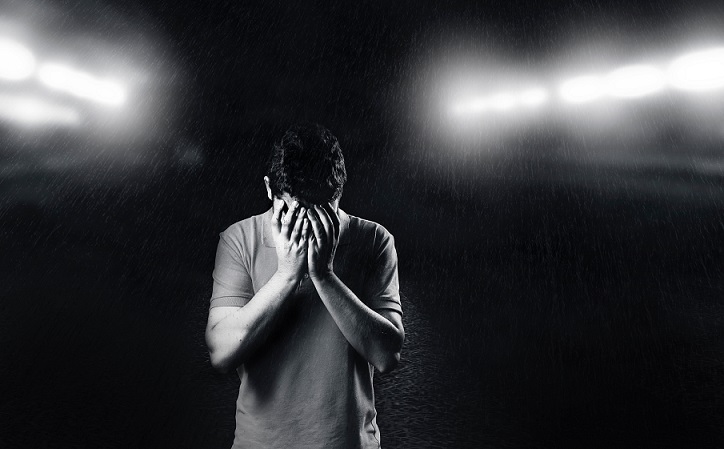As anxiety and panic attack levels rise throughout all populations, including attorneys, researches are working toward a better understanding and methods of treatment.
As many as two-thirds of lawyers and those working in the legal field are likely to experience anxiety. It is now more important than ever to understand not only the conditions themselves, but the subtleties of these conditions that may contribute to worsening symptoms.
Most people are now aware of psychological conditions like anxiety, but not everyone – including those within the medical field – truly understand how that anxiety may manifest, including related conditions like panic attacks and panic disorder.
How Anxiety Manifests
Anxiety is a mental health condition. But its symptoms are often as physical as they are cognitive. While anxiety may have mental symptoms like worries and fears, anxiety also has symptoms like shaking, sweating, and tension. It may be considered a psychological issue, but it is also very much a physical one.
That is especially true of panic attacks. So much so, in fact, that we may want to consider panic attacks as a type of trauma.
The Physical Nature of Panic Attacks
Panic attacks are intensely physical events. It is a form of anxiety that leads to rapid heartbeat, chest pains, lightheadedness, weakness, and much more – symptoms that, in many ways, resemble heart attacks. Some people find their symptoms are so severe and unexpected, that they end up in the hospital the first time they have one, unaware that what they experienced was anxiety.
Similarly, the cognitive symptoms of panic attacks, although mental, often enhance these physical experiences. For example, when a person is going through a panic attack, some of the cognitive symptoms they may have include a feeling of impending doom, an imminence of death, and the possibility of completely losing control.
Panic Attacks and Trauma
Individuals that are struggling with a past trauma are more likely to have a panic attack. Psychiatrists that treat panic disorder often first talk to their patients about their past to try to determine if the panic attack might be a symptom of a condition like post-traumatic stress disorder specifically because panic attacks in people with PTSD is so common.
Even though panic attacks and panic disorder are their own mental health condition, someone that lived through severe trauma may have one if they experience some type of trigger.
However, what psychologists and psychiatrists rarely do is question whether or not panic attacks themselves might actually be their own form of trauma.
Why Would Panic Attacks Be a Trauma?
When we think about traumas, we often think about issues like assault. When a person is assaulted, they may experience:
- A specific event that involves a profound amount of anxiety.
- Physical pain or discomfort.
- Fear that they’re going to die.
- Fear that they’re not in control.
- Feelings of doom – that something terrible is happening.

Photo by Daniel Reche from Pexels
Panic attacks lead to very similar symptoms. Even though it is a mental health condition, the experience of having a panic attack causes many of these same emotions – along with physical symptoms that only add to that traumatic experience. Similarly, heart attacks are known to cause PTSD in patients that have them, and panic attacks leads to similar symptoms as heart attacks. It is natural to wonder whether if panic attacks might also be considered traumatic.
Perhaps this is the reason that trauma therapists in places like NYC that work with anxiety often hear a similar description of the effects of this experience, such as:
- Hyperarousal (feeling on edge, worried another panic attack/trauma will happen again).
- Heightened state of anxiety (quicker to severe anxiety when faced with stress)
- Reliving the experience.
Both trauma and panic attacks are also two of the most powerful risk factors for developing agoraphobia – a fear of going outside or being in unfamiliar places.
The Medical Importance of Exploring Anxiety Further
Researchers have studied the very question of whether panic attacks might be traumatic stressors, and what limited studies have been completed conclude that it is possible. But these studies have been sparse and small. They have found that, perhaps unsurprisingly, PTSD caused by traumatic experiences like combat produced more severe symptoms, but that panic attacks did appear to cause symptoms of trauma in several of the patients studied.
It is important that further research continue to answer these questions. As anxiety and panic attack levels rise throughout all populations, including attorneys and those working in the legal field, the more researchers truly understand the effects of these different mental health conditions, the more likely they will be to find solutions that can help bring them under control and provide effective mental health treatments.


Join the conversation!